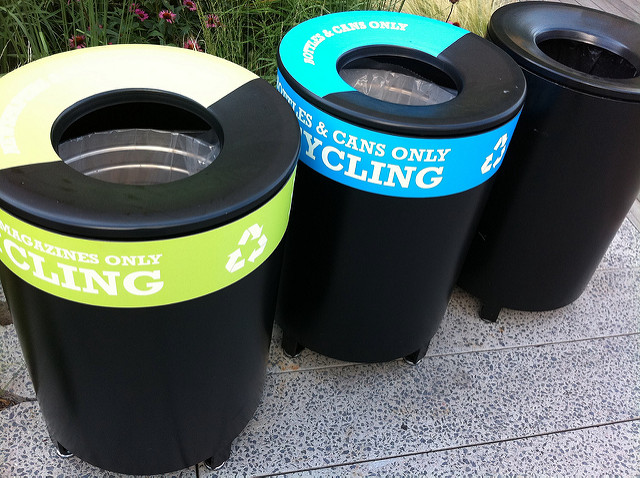Instagram Wants You to Label Your Garbage (well, Your Sponsored Posts)

What would it take for me to dust off my blog after some well earned rest (aka “neglect”)? Some good news from the world of social media disclosure, of course! Instagram is introducing “sponsored post” labels. To someone who has often harped on the lack of disclosure in social media, even by those of us who ought to know better, this is welcome news. My thoughts on this:
- I never thought of the idea that the social platform itself could put in an easy disclosure device. Not sure why; I never heard anyone else say it out loud either, though I assume some people have.
- Instagram is as good a platform as any to try this out, as they have rampant undisclosed sponsored posts as much as – perhaps more than – anyone else.
- I wonder if Instagram parent Facebook would implement such a thing. They should, but I suspect they would rather put energy into getting brands to pay Facebook for ads rather than accommodate someone else’s commercial transaction. I suspect a helpful push from the FTC would help some of these other platforms implement something similar, should it prove to be successful.
- Read the post; there is disagreement over whether this is adequate or not. Maybe the geotag real estate isn’t the best part; maybe it’s great. I think it’s worth trying as it is better than the big fat nothing that a lot of brands and influencers do.
- Bottom line: the easier it is to include the disclosure, the more people will do it.
FTC More Active on Disclosure Than I Thought
The previously-linked post about disclosure is old news, but in digging it up for reference here, I also found something interesting relating to the particular example in the post. It turns out that while I and others assumed the FTC would not have the agency bandwidth to pursue every questionable campaign, they were looking at things like the Team Lumia events in Boston in 2014. This letter shows that there were extenuating circumstances that prevented enforcement, but it does validate the concerns that I felt at the time, and brought up despite my hesitance to shine a light on a campaign in which a number of the participants were friends.
..and it does suggest that the FTC has been paying more attention for longer than I ever assumed.
While I’m At It, Some #$%& From the Archives
A couple of months ago, I saw this post titles “Why We Love Marketers Who Curse.” Speak for yourself. Cursing, especially in a professional marketing environment, is more often than not a lazy (and in my opinion failed) attempt to appear hip. Stop it. And stop glorifying it, jackasses (sorry).
One exception is Josh Bernoff’s excellent blog and book Writing Without Bullshit. I had my reservations about the title, but the content is excellent and backs up the branding. So there.
Bad Advice For Careers as Well
OK, this article actually has good advice. However, I am not buying into the idea that cover letters are dead. As with anything being declared “dead,” that’s just a lame attention-getter that predisposes me to hate the article rather than appreciate the decent advice. Read the tips on personalizing your CV and decide for yourself.
Ageism is Getting Old and Should Hit the Road
Finally, kudos to my friend Mark Story for his part in the growing chorus decrying ageism in hiring practices in tech, marketing and other industries. His latest post underlines points by another champion of the cause, Dan Lyons. It’s worth a read and worth paying attention to.
